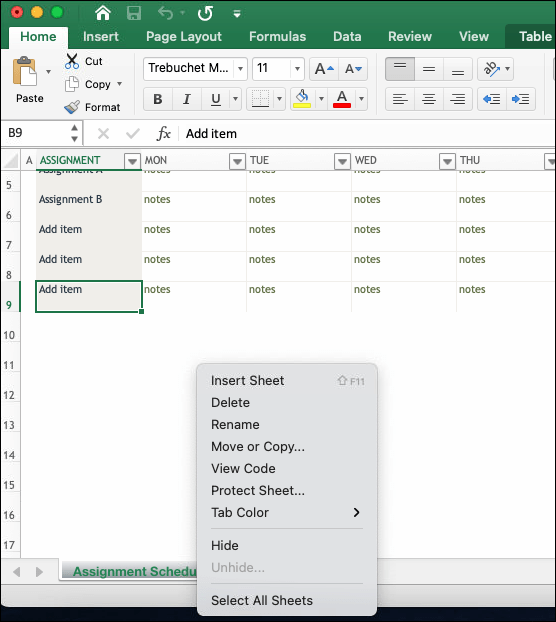6 Essential Documents for FBA Shipments: A Checklist

When preparing your Fulfillment by Amazon (FBA) shipments, it's crucial to ensure that all necessary documentation is in place to avoid delays or penalties. This post outlines the six essential documents you need for every FBA shipment, offering insights into their importance, how to fill them out, and common pitfalls to avoid.
1. Commercial Invoice

The commercial invoice is a critical document for international shipments. It outlines:
- The seller’s and buyer’s information
- Full description of the merchandise
- Total value of the shipment
- Terms of sale (Incoterms)
📝 Note: Ensure all information on the commercial invoice matches with the other documents to avoid customs delays.
2. Packing List

A packing list should detail:
- Number of cartons
- Weight and dimensions of each carton
- Contents of each carton
Here's how a basic packing list might look:
| Carton Number | Weight | Dimensions (LxWxH) | Contents |
|---|---|---|---|
| 1 | 15kg | 40x30x25cm | 100 Units of Product A |
| 2 | 10kg | 30x30x20cm | 50 Units of Product B |

🗄 Note: Ensure that the packing list correlates with the weight declared on your commercial invoice.
3. Bill of Lading or Airway Bill

This document serves as a receipt for your goods and acts as a contract between the shipper and the carrier. It includes:
- Shipper and consignee details
- Carrier’s information
- Number of pieces, weight, and dimensions
- Date of shipment
4. Certificate of Origin

To benefit from trade agreements, you’ll need a certificate of origin specifying where the goods were produced. This document is often required for:
- Customs clearance
- Preferential duty rates
5. Pro Forma Invoice

Although not always required, a Pro Forma Invoice can be useful:
- For quoting purposes before the actual sale
- To facilitate customs clearance when the actual invoice isn’t available
6. Safety Data Sheets (SDS) or Material Safety Data Sheets (MSDS)

If your product contains chemicals or hazardous materials, an SDS or MSDS must accompany your shipment. These sheets provide:
- Product identification
- Hazard information
- Safe handling and storage instructions
⚠️ Note: For products with lithium batteries or other hazardous substances, Amazon has strict guidelines that must be followed to the letter.
After understanding these documents, let's dive into a smooth transition to ensure that your shipment process with FBA is seamless. Here are some key tips to streamline your documentation:
- Check local and international regulations for specific documentation requirements.
- Ensure consistency across all documents, particularly with product descriptions and values.
- Double-check signatures, dates, and contact details on all forms.
- Keep digital copies of all documentation for records and quick reference.
In preparing for FBA shipments, accurate documentation is not just about compliance; it's about efficiency and peace of mind. A well-documented shipment can reduce customs delays, ensure that your products reach Amazon's fulfillment centers promptly, and prevent additional charges. Every piece of paper counts in the process, making your business operations smoother and potentially more profitable.
What should I do if I encounter an error in my documents after shipment?

+
Reach out to your freight forwarder or logistics provider immediately. They can help rectify the issue by contacting the carrier or port authority where your shipment is currently located.
Do I need a certificate of origin for shipments within the same country?

+
Generally, no. A certificate of origin is usually required for international shipments to confirm the product’s place of origin for trade benefits or duty exemptions.
Can I reuse old commercial invoices for new shipments?

+
No, each shipment should have a new commercial invoice with current shipment details, value, and terms of sale to comply with customs regulations.
How do I know if my product requires an SDS or MSDS?

+
If your product contains chemicals or could be considered hazardous, you’ll need an SDS or MSDS. Products like lithium batteries, aerosols, or those with flammable liquids fall into this category.
What should I do if I lose my documents?

+
Contact your shipper or logistics provider for copies. Keep in mind that some documents like Bills of Lading are issued by the carrier and may require official reissuance.



